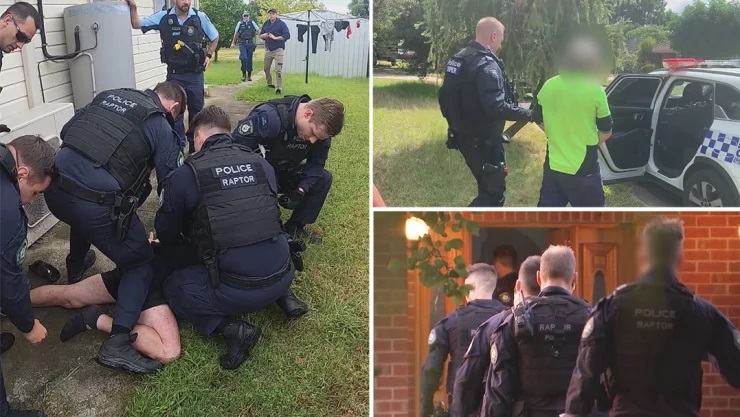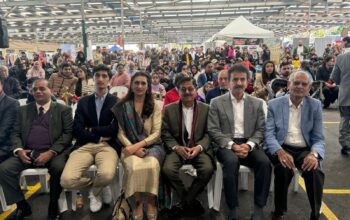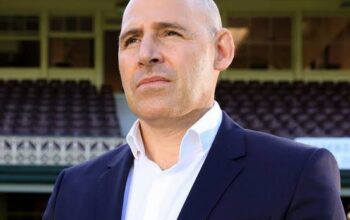Four suspected members of ‘sophisticated’ cybercriminal gang charged after allegedly laundering almost $2 million
Four suspected members of a “sophisticated” cybercrime group have been charged after allegedly laundering almost $2 million from Australian and international victims.
The Australian Federal Police (AFP) allege the group – believed to be responsible for more than 15 complex cybercrime attacks between January 2020 and March 2023 – set up over 80 bank accounts with stolen identities to launder money out of Australia.
The AFP launched a full-scale investigation in October 2021 after an Indonesian business lost $100,000 through a business email compromise (BEC) hack.


From there, police identified two Brisbane women, a Melbourne man and an Adelaide man who they allege were linked to the attack.
The group also allegedly had connections to crime syndicates in South Africa.
Yesterday, detectives conducted five raids across the three states, arresting two Queensland women and a Victorian and South Australian man.
Fake passports, international driver licences, luxury handbags and digital devices were seized across each of the raids and will be taken for forensic examination.
Each alleged member of the crime group was charged with a string of varied offences and collectively, the four are facing over 60 years in prison.
They each will face court in the coming weeks.
Police say the group was also responsible for a wide-ranging list of alleged scams, including Facebook Marketplace hacks and dodgy superfund investments.
The group’s victims lost between $2500 to $500,000, in some cases.


Roughly $1.1 million was allegedly laundered to bank accounts in South Africa, there, associates sourced legitimate identity documents and altered the photographs and birth dates so Australian syndicate members could use them.








